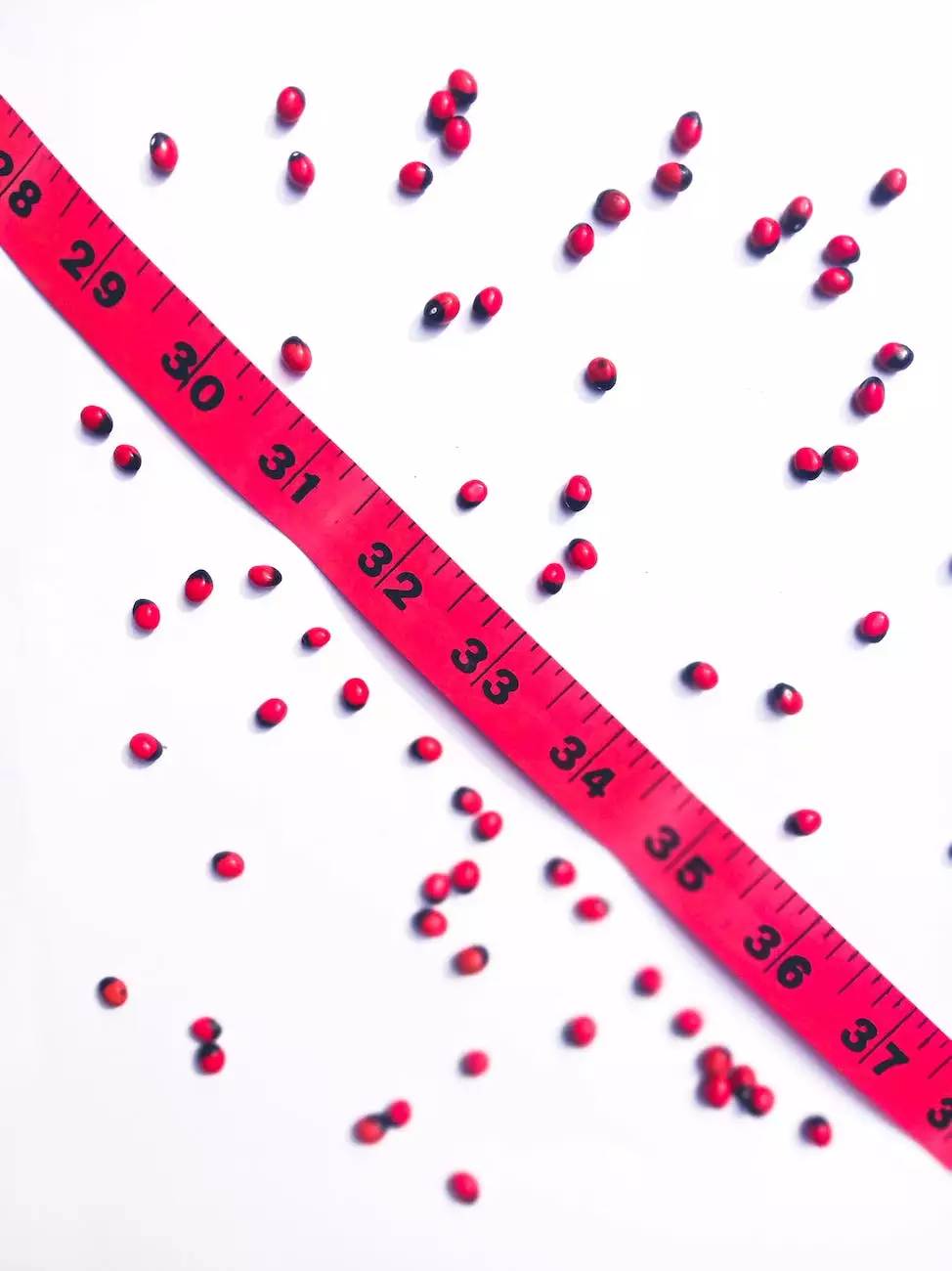Food Journaling 101: Write Your Way to Weight Loss

Welcome to Minneapolis Weight Loss Doc's comprehensive guide on food journaling for weight loss! In this article, we will explore the powerful impact that keeping a food journal can have on your weight loss success. Whether you're just beginning your journey or looking for a new approach, food journaling can provide valuable insights into your eating habits and help you make informed decisions for achieving your weight loss goals.
The Benefits of Food Journaling
Keeping a detailed food journal offers numerous benefits for individuals seeking to achieve weight loss. By tracking your food intake, you gain a deeper understanding of your eating patterns, identify potential triggers for overeating, and create accountability for your choices. With this newfound awareness, you can make positive changes and develop healthier habits, leading to sustainable weight loss results.
1. Enhanced Awareness and Mindfulness
Food journaling promotes mindful eating by encouraging you to slow down and pay attention to what you consume. By documenting your meals and snacks, you become more aware of portion sizes, food choices, and the emotions associated with eating. This increased mindfulness helps prevent mindless eating, reducing the likelihood of overindulgence and aiding in weight management.
2. Identification of Patterns and Triggers
A food journal serves as a powerful tool for identifying patterns and triggers that may hinder your weight loss efforts. By tracking your meals, you can identify specific foods or circumstances that lead to unhealthy eating habits. This newfound awareness allows you to modify your behaviors and develop strategies to overcome challenges, ultimately supporting your weight loss journey.
3. Accountability and Motivation
Writing down your food choices holds you accountable for your actions and keeps you motivated in achieving your weight loss goals. By documenting your daily intake and progress, you can visually track your accomplishments and identify areas that need improvement. This sense of accountability encourages consistent adherence to healthy habits and provides a source of motivation to stay on track.
How to Start Food Journaling
You're ready to embark on your food journaling journey! Follow these simple steps to get started:
1. Choose Your Journaling Method
Select a method that suits your preference, whether it's a physical notebook, a smartphone app, or an online tracking tool. Find what works best for you, ensuring ease of use and convenience to maintain consistency in your food journaling practice.
2. Record Everything You Consume
Be diligent in recording every bite you take, including meals, snacks, and beverages. Note the quantity, ingredients, and preparation methods to create a comprehensive record of your food choices. Remember, the more detailed your journal, the greater insights you'll gain.
3. Include Additional Details
Take your food journal to the next level by adding extra information such as the time of day, location, and your emotional state during each meal or snack. These additional details provide valuable context, aiding in the identification of eating habits and emotional triggers.
4. Reflect and Evaluate
Regularly review your food journal and reflect on the choices you've made. Look for patterns, identify areas for improvement, and celebrate your successes. Use this self-reflection as an opportunity to make adjustments that align with your weight loss goals.
Expert Tips for Effective Food Journaling
Maximize the benefits of your food journaling practice with these expert tips:
1. Be Honest and Accurate
For accurate insights, it's important to be honest and truthful when recording your food choices. Remember, your food journal is a personal tool for self-improvement, and only you will be reviewing it. Embrace transparency and document everything, including any indulgences or slip-ups.
2. Pay Attention to Portion Sizes
Accurately measuring portion sizes is key to understanding your energy intake. Utilize measuring cups, food scales, or portion estimation techniques to ensure accuracy. Over time, you'll develop a better sense of portion sizes, making your food choices more informed and balanced.
3. Consider Adding Nutritional Information
If you're looking to delve deeper into your eating habits, consider including the nutritional information of the foods you consume. This additional data allows for a more comprehensive analysis of your dietary habits, including the macronutrients and micronutrients you're consuming.
4. Get Support and Accountability
Enlist the support of a trusted friend, family member, or professional to share your food journaling journey. Having someone to discuss your progress, challenges, and goals with can provide an extra layer of motivation and accountability, increasing your chances of long-term success.
Conclusion
In conclusion, food journaling is a powerful tool for weight loss that provides enhanced awareness, identification of patterns, and increased accountability. By documenting your food choices and reflecting on your habits, you can make informed decisions, develop healthier eating patterns, and achieve your weight loss goals. Start your food journaling practice today and unlock the potential for a healthier, happier you.




